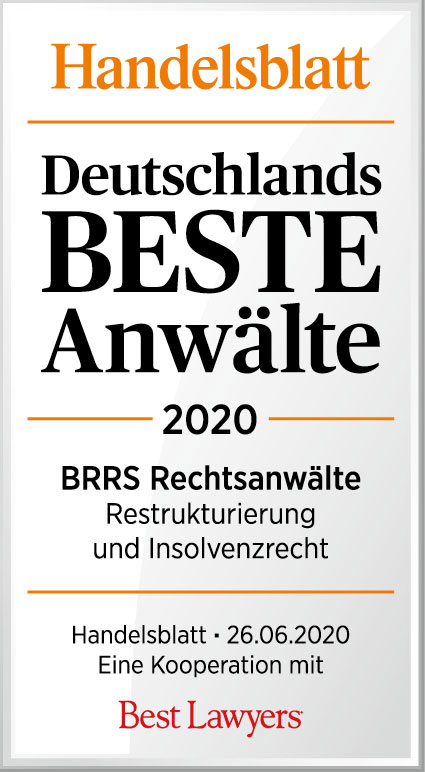Bonn/Cologne August 29, 2024: Ella Solutions GmbH and Ella Lab Germany GmbH have programmed software for the creation of fictional and non-fictional media content using artificial intelligence.
The aim was to develop artificial intelligence (“AI”) that generates communication solutions with a “human touch”. The aim was to achieve the most natural form of communication possible. Specifically, the AI should replace call centers, for example. The customer calls the service number and an AI answers, but it behaves and responds like a human being. This requires a number of things such as recognizing the caller’s voice, developing an answer in real time, formulating an answer in real time, continuing the conversation and taking into account what was previously said. Ideally, the AI should also be able to remember the previous conversation and its progress in a follow-up call.
Liquidity and financing needs as a challenge
Although development had progressed, the product was not yet ready for the market. The problem was therefore that development costs of a not inconsiderable amount had to be borne on an ongoing basis without, however, generating cost-covering income. New capital therefore had to be raised on an ongoing basis. The process and thus the financing came to a standstill, so that the two companies finally filed for insolvency and sought protection under the Insolvency Code. BRRS partner Markus Ritterrath was initially appointed as insolvency expert and then as provisional insolvency administrator on July 1, 2024.
“In order to enable restructuring, you need a certain amount of starting capital to work with and initiate measures. The challenge in this case was that neither liquidity nor turnover was available at the beginning,” explains lawyer Ritterrath. The initial focus was therefore on generating liquidity and then drawing up a liquidity plan for the application procedure. At the same time, the pre-financing of insolvency money was initiated. Once the first funds had flowed in, the pre-financing could be carried out. During the application process, business operations were maintained and continued with the support of the provisional insolvency administrator.
Investor search and negotiations lead to partial refurbishment
Due to the insolvency benefit period expiring at the end of July 2024, the search for an investor was urgent. The distribution of the license rights indicated that an investor was likely to come from Switzerland. A large number of discussions were held regarding a possible transformation process and its financing. At the same time, employees were kept informed of the current status at several staff meetings. Lawyer Ritterrath summarizes the mixed situation during this phase: “The prospects of a successful restructuring changed from very good to very bad and vice versa due to new or sometimes hourly changing circumstances, which made it difficult to moderate and coordinate the processes.” In the end, a financial plan was drawn up for August 1, 2024, contracts were negotiated and a partial restructuring was achieved.


